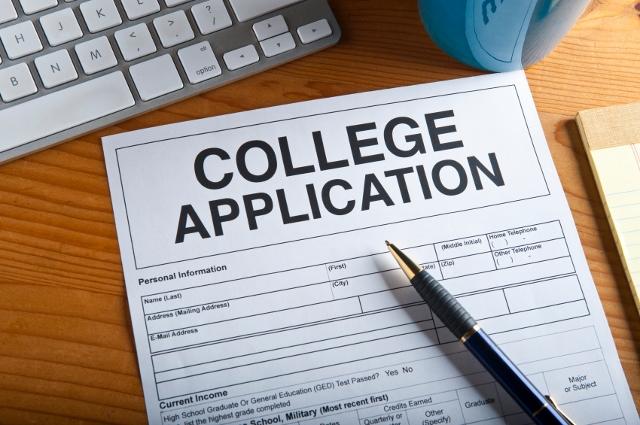- +91 22 23526372
- kgc@karangupta.com

Written by Overseas Education Consultant and Study Abroad Career Counsellor in Mumbai, Karan Gupta
You’ve already earned your grades, taken the standardized tests and identified your colleges. Now it’s time to prepare your documents. Nothing is more annoying for a university than incomplete applications. Below are some of the documents that are required for admission for most overseas universities:
1. College Application Essay – The essay or statement of purpose, in essence is the only part of the college application process, which is entirely in your control. You can use this essay to talk directly with the admissions committee. If the college you are applying to has a word limit or a prescribed format for an essay, make sure you to adhere to it. Most graduate students are required to submit a Statement of Purpose. As the name suggests this essay talks about why you have chosen a particular course, your career goals and aspirations and so on. If you’re an MBA student, then the SOP should clearly talk about your work experience, your work related achievements, your teamwork and leadership experiences and so on. If you’re an undergraduate student, you can discuss your hobbies and interests in your SOP.
Some universities require more than one essay and may ask very specific questions. “If a university asks, ‘If you could be a tree, what kind of tree would you be?’ try to get into the spirit of things and answer in a straightforward way. Don’t be snotty, no matter how inane the question might seem to be,” says Shannon Brownlee (US News).
“When a student writes to us that they work 30 hours a week and the money they make goes into the family income, then the fact that they weren’t president of the chess club makes sense,” says Michael Thompson, dean of admissions and financial aid at the University of Southern California. If a university asks you a more open-ended question such as, ‘Tell us something about yourself’ then you have a chance to be creative or even tell the admissions committee something extraordinary in your life.
Discuss things that you are passionate about, as admission officers look for such things. Make sure that your college essays talk about tangible things and not just abstract concepts. Give examples to support your statements.
Make sure that you proofread your essay carefully and show it to your English teachers for grammatical errors. Don’t write long redundant sentences and make sure you stick to the prescribed word limit.
2. Resume – Please understand the resume is most cases is a one-page document and differs significantly from a curriculum vitae. Career objectives, educational history, academic and other achievements, volunteer work and language skills can all be stated in the resume. All statements made in the resume should be brief and to the point. Make sure that you systematically categorize your achievements and state them in the resume. MBA candidates should focus on their work experience. If you have received scholarships or had any notable achievements, make sure that you mention this in the resume.
3. Extra materials – “If you have a special talent that can be captured in a portfolio, you should consider sending that material to the admissions office – particularly if you’ve received recognition for it from someone other than your mom,” says Rachel Hartigan and Ulrich Boser. (US News) It is best that you check individual university requirements before sending any extra material. Some universities do not want any extra material and discourage applicants from sending in any certificates, newspaper articles and so on. If you are applying for a course in drama, theatre, music and so on, then it makes sense that you send a sample of your past work as a portfolio along with your application.
‘Like all colleges, we seek to admit the most interesting, able and diverse class possible’ (Harvard College) and hence make sure that your application reflects who you are and what is important to you.
Karan Gupta is the leading international education and career consultant in Mumbai, India. Since 1999, he has given career counseling and has helped thousands of students with study abroad and get admission and visas to universities and colleges in the US, UK, Canada, Australia, Singapore and EU and also helps them get scholarships, loans and financial aid. In addition to aptitude tests and career counseling, his firm also provides training and coaching for theGMAT, GRE, SAT, TOEFL, IELTS, ACT and PTE exams. Karan Gupta is the best study abroad career counsellor, consultant and career guidance expert in Mumbai.
